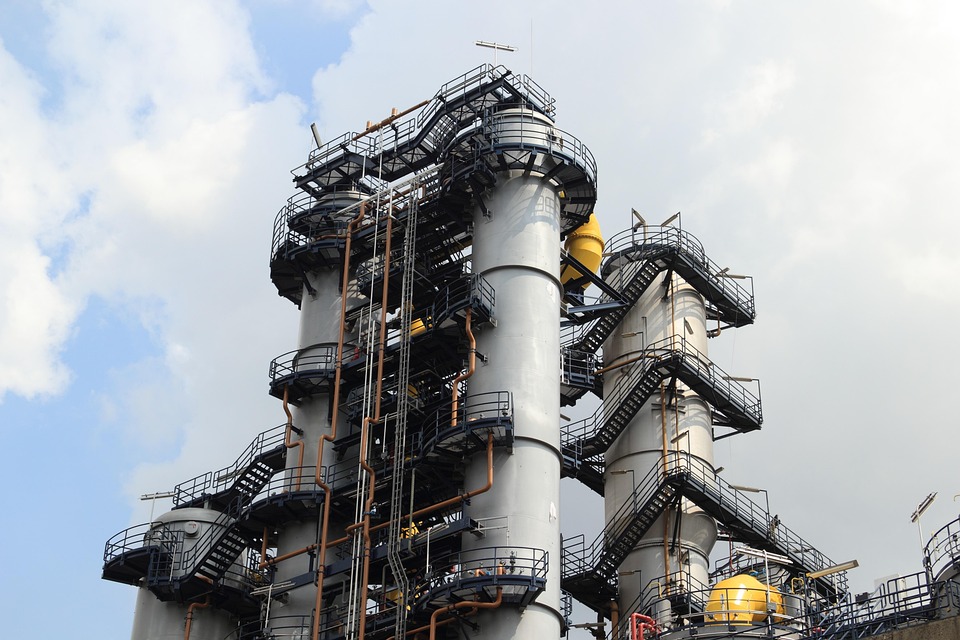Essential Skills and Responsibilities for Chemical Engineers: A Shortage Occupation with Promising Career Prospects in the UK
In the realm of engineering, chemical engineering stands out as a unique discipline that melds principles of chemistry, physics, mathematics, and biology. This fusion enables professionals to develop processes and products that are vital to numerous industries, including pharmaceuticals, energy, and environmental sustainability. The UK, facing a significant skills shortage in this sector, presents an array of career opportunities for aspiring chemical engineers.
The Core Responsibilities
Chemical engineers are often the architects of complex processes that transform raw materials into valuable products. Their responsibilities can be broadly categorised into several key areas:
-
Process Design and Optimization: Crafting efficient processes is paramount. Chemical engineers must not only design new processes but also refine existing ones to enhance yield, reduce waste, and ensure safety. They employ simulation software and modelling techniques to predict the behaviour of chemical processes under various conditions.
-
Safety and Compliance: In an industry where the stakes are high, ensuring compliance with health and safety regulations is non-negotiable. Chemical engineers conduct risk assessments and implement safety measures to protect workers and the environment, adhering to stringent regulations set by bodies such as the Health and Safety Executive (HSE).
-
Research and Development: Innovation is at the heart of chemical engineering. Engineers engage in R&D to develop new materials and processes that address emerging challenges, such as climate change and resource scarcity. This often involves collaboration with scientists and researchers from diverse fields.
-
Project Management: Beyond technical skills, effective project management is crucial. Chemical engineers often lead teams, overseeing projects from conception through to completion, ensuring that they are delivered on time and within budget.
Essential Skills for Success
To thrive in this dynamic field, chemical engineers must possess a blend of technical and soft skills.
-
Analytical Thinking: The ability to analyse complex problems and devise effective solutions is fundamental. Engineers must interpret data, conduct experiments, and make informed decisions based on empirical evidence.
-
Communication Skills: Whether it’s drafting reports, presenting findings, or collaborating with multidisciplinary teams, strong communication skills are essential. The ability to convey complex concepts in accessible terms can significantly impact project success.
-
Technical Proficiency: Familiarity with various software tools, such as Aspen Plus or MATLAB, is increasingly important. A solid grounding in thermodynamics, fluid mechanics, and reaction engineering forms the backbone of technical expertise.
-
Adaptability: The landscape of chemical engineering is continually evolving. Professionals must stay abreast of technological advancements and regulatory changes, adapting their approaches as necessary.
The Landscape of Opportunities
The demand for chemical engineers in the UK is set against a backdrop of a significant skills gap. According to the Royal Academy of Engineering, there is an urgent need for professionals in this field, particularly those with experience in sustainable technologies and digitalisation. The government’s commitment to net-zero carbon emissions by 2050 further amplifies this demand, as industries seek innovative solutions to reduce their environmental impact.
Moreover, the potential for career progression is substantial. Chemical engineers often find themselves in high-ranking positions, leading teams and influencing strategic decisions within organisations. The average salary for a chemical engineer in the UK is competitive, with opportunities for further financial incentives as one climbs the career ladder.
Future Prospects
As we peer into the future, the prospects for chemical engineers appear exceedingly bright. With the convergence of new technologies—such as artificial intelligence and biotechnology—alongside a growing emphasis on sustainability, the role of chemical engineers will only expand.
In a world increasingly reliant on innovation and efficiency, those entering this field can expect a fulfilling career that not only promises personal growth but also contributes positively to society.
As you navigate the landscape of UK employment, particularly in roles that require sponsorship, remember that Visajob.co.uk is here to support you in securing the right opportunities tailored to your ambitions. With the skills and determination required, the future is indeed promising for aspiring chemical engineers.




